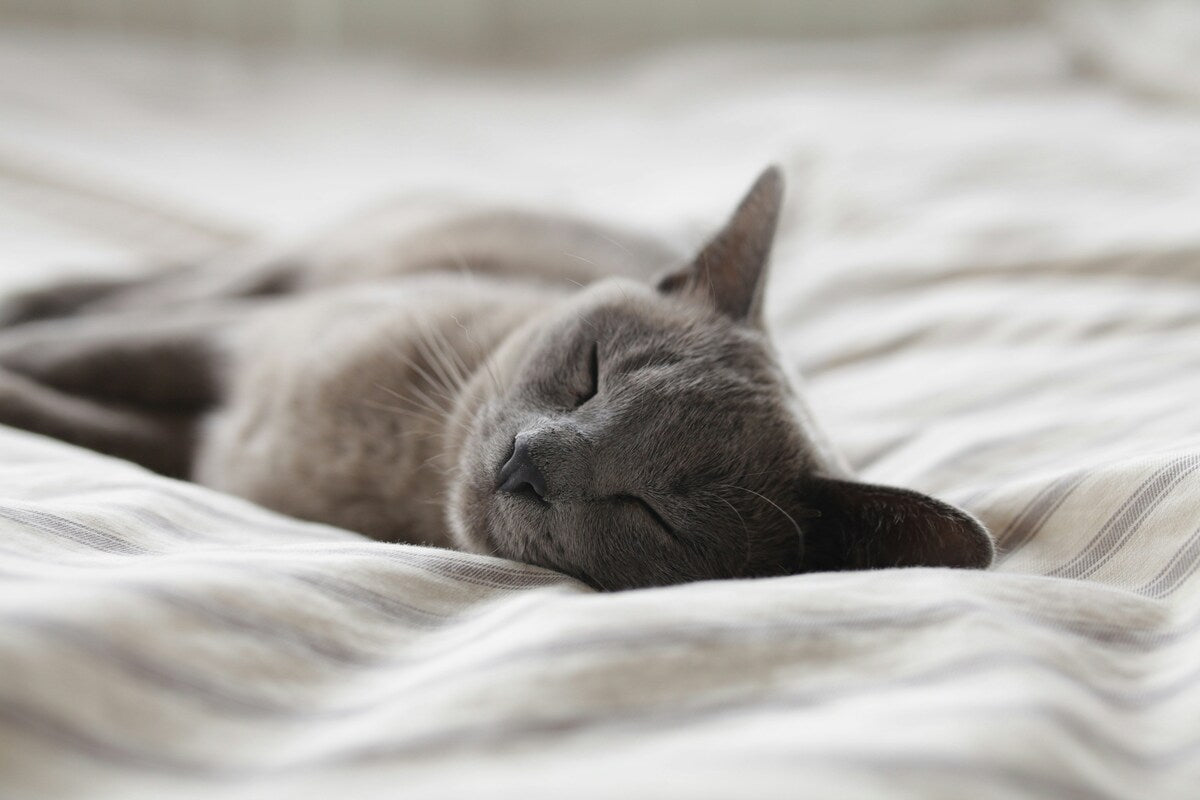
Is six hours of sleep enough?
|
Time to read 4 min
This store requires javascript to be enabled for some features to work correctly.
Written by: Editorial Team
|
Time to read 4 min
Getting enough sleep is paramount to our health, wellbeing, and energy during our daily lives. While six hours of sleep per night has long been considered an ideal standard period of time for sleep, the truth isn't quite as simple.
The quickest way to know if you are getting enough sleep is how you feel personally. If you feel tired for most of the waking day, that is a sign that your typical sleep-wake time is not balanced enough, leaving you unable to function with daily tasks effectively.
Some signs of sleep deprivation, however, are more subtle than simply feeling tired, and you may have attributed them to another inconvenience or health issue. Common signs of sleep deprivation include, but aren't limited to:
If you're getting six hours of sleep per night and the symptoms listed above sound familiar, it is highly possible you are not getting enough sleep, or the quality of your overall sleep is poor. Maintaining good sleep hygiene techniques can dramatically improve these symptoms.
Maintaining good sleep hygiene means:
According to the 2022 YouGov Sleep Study, the average Brit sleeps about seven hours a night, with 13% sleeping six hours or less and a tiny percentage of 5% sleeping nine hours or more. Interestingly enough, 49% of Britons - 53% for women and 54% for men - think they don't get enough sleep.
There isn't a one-size-fits-all recommendation for sleep, but the NHS recommends 7-9 hours of sleep per night for a healthy adult - something that the majority of Brits polled by YouGov in the sleep survey mentioned above are either not achieving or barely scraping.
Many sleep experts and scientists have identified groups that need more than the average recommended minimum of seven hours a night. These groups include:
Elderly people are early risers for a reason - they need 7-8 hours a night, making them slightly less in need of sleep than the average adult
Based on the recommended daily recommended 7-9 hours of sleep per night for healthy adults, most people will not be sufficiently well rested on six hours of sleep. This is below the minimum level of seven hours per night. If you struggle to achieve more than six hours a night, you may be suffering from chronic sleep issues relating to struggles falling or staying asleep. You may want to read the tips listed above on maintaining good sleep hygiene to help improve the number of hours you spend asleep.
Of course, this is dependent on how you feel. If six hours of sleep is enough to keep you feel energised throughout the day, you may need less sleep than the average person. However, you should never average very far below the recommended minimum of seven hours per night. The fewer hours you sleep, the more likely you are to develop a serious - even fatal - health problem, such as heart disease, cancer, or a stroke. Mental health problems, such as depression, anxiety, and psychosis are also linked to sleep deprivation.
If you are getting the recommended amount of sleep per night, there is a chance you may have substantial sleep debt.
Sleep debt refers to lost sleep over recent days and weeks. Say, for example, you missed out on 1.5 hours of quality sleep per night, you would have a sleep debt of 10.5 hours per week. If you think this may be the case for you, please refer to the sleep hygiene tips listed above to help re-capture your routinely lost hours of sleep.
Six hours of sleep is not enough to sustain the average healthy adult. If you struggle to achieve more than six hours of sleep, it is worth reviewing your bedtime routine and improving your sleep hygiene.
The Myza Editorial Team
The Myza Editorial Team works together to create and curate The Sleep Journal, a series of blog posts designed to help our customers with frequently asked questions and curiosities regarding everything in the world of sleep, from sleeping positions to skin and hair care. We also provide regular shopping guides, interviews, and reviews to provide insight into our hand-picked brand collaborations and the benefits they have to offer.
Receive 10% off your first order when you subscribe to our newsletter





